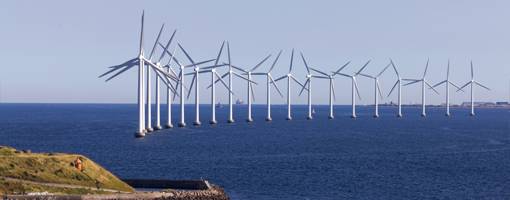The World Economic Forum (WEF) is promoting the role of impact investing to institutional investors. Although growing rapidly, with the impact market is expanding fivefold between 2013 and 2017 to reach $228 billion, currently, development financial institutions and specialist fund managers account for three-quarters of the impact investing market. Asset managers make up the rest.
WEF has stated that it wants to ‘flip’ this ratio and grow the market exponentially by bringing large numbers of institutional investors into the impact market.
The organisation believes that bringing impact investing further into the mainstream will help meet the $7tr annual costs of meeting the SDGs, including $4tr required for emerging markets alone. As a starting point, WEF wants to create clarity around the term impact investing, with a lack of common principles to guide the design of their impact-management systems the result is complexity and confusion and makes it hard to differentiate among labels such as ‘sustainable’ or ‘responsible’ and ‘impact investing.’ It also feeds concerns about ‘impact washing’ which involves describing funds as ‘impact’ vehicles without verifying what they do for society.
WEF and the IFC (International Finance Corporation) have now unveiled a set of draft principles to bring clarity and discipline to the world of impact investment, developed these in consultation with investors. Additional discussions with a wider range of investors, academics, civil society and governments are expected to help finalise these principles.
Latest News
-
Private health provider awards £10,000 to arthritis research team
-
Building Society hands out £1m to tackle inequality
-
Premier League and Comic Relief partnership aims to improve children’s mental health
-
Russell Hobbs launches food poverty campaign in schools
-
Tottenham Hotspur and charities launch film to tackle mental health stigma
-
Cardfactory funds homelessness charity’s team of psychologists
© 2019 Perspective Publishing Privacy & Cookies







Recent Stories